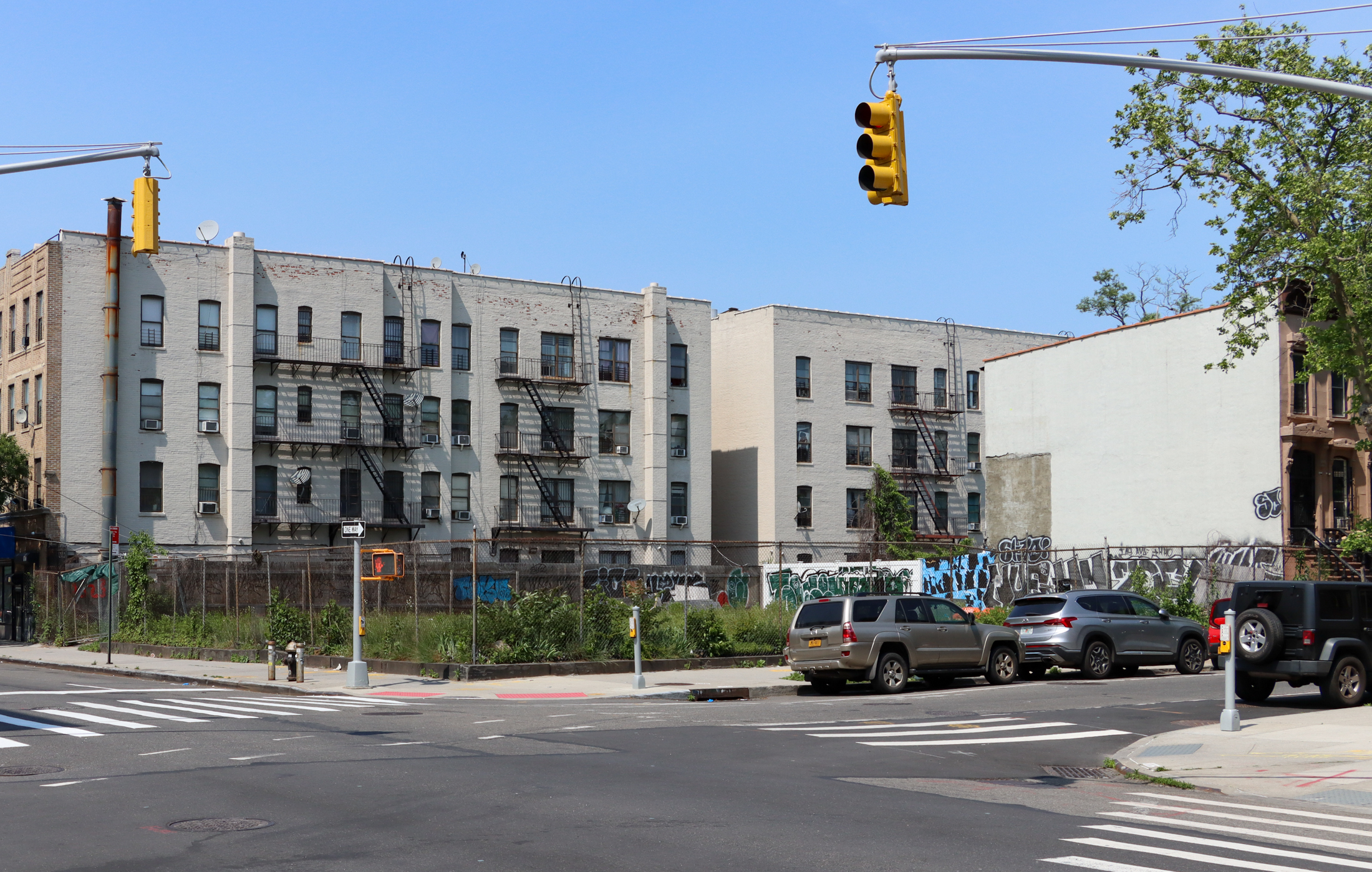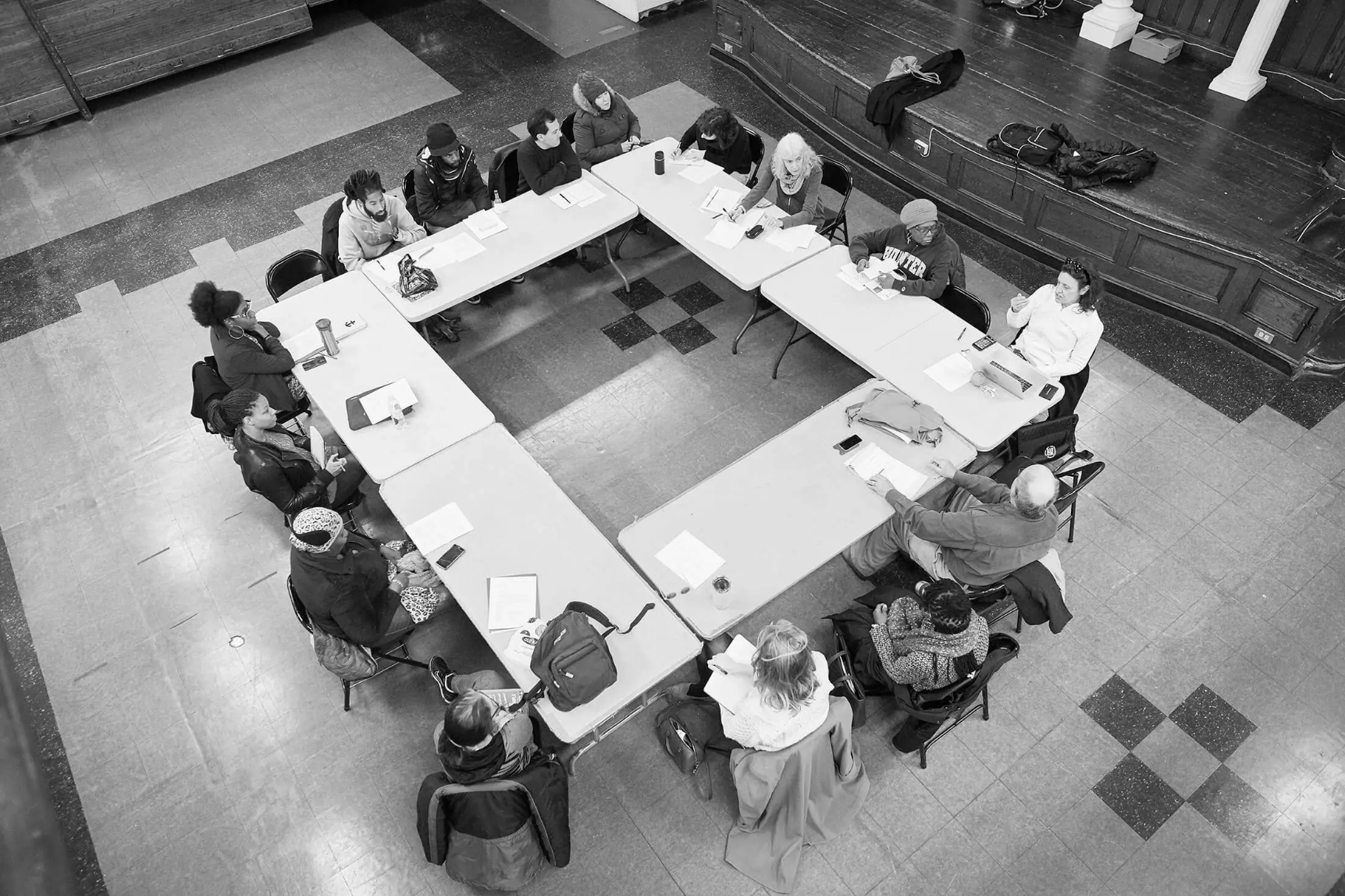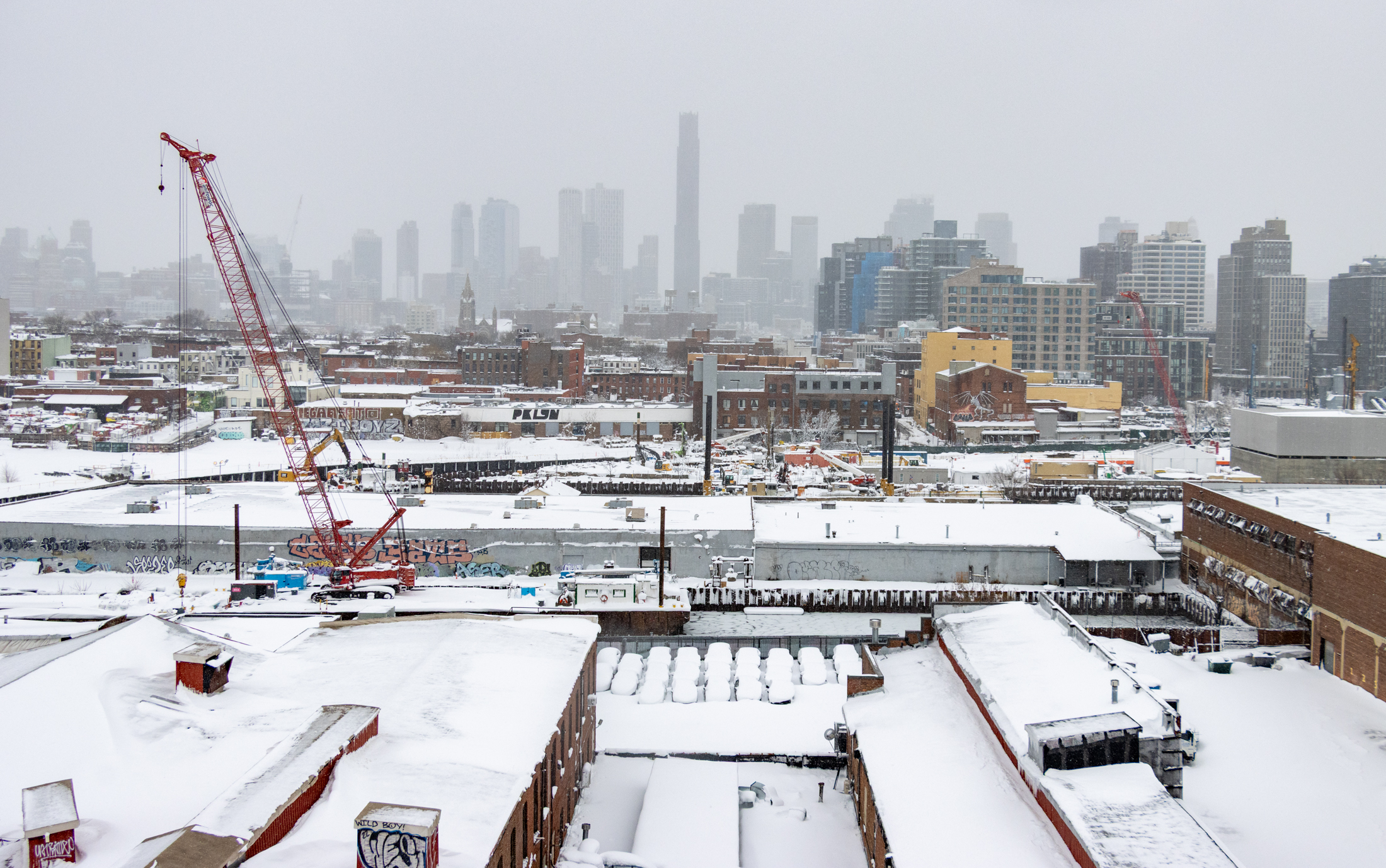Four Family Brownstones Getting Slammed
We received a bunch of emails about this article over the weekend for obvious reasons. The city is clearly over-penalizing people who want (or need) to divide their brownstones into four units. They also are creating an adverse incentive not to play by the book in performing renovations since the trigger for these massive tax…


We received a bunch of emails about this article over the weekend for obvious reasons. The city is clearly over-penalizing people who want (or need) to divide their brownstones into four units. They also are creating an adverse incentive not to play by the book in performing renovations since the trigger for these massive tax hikes in most cases appears to be the DOB filings that result in new assessed property values. Rather than harp on the obvious imbalance in the system, we’d like to hear some concrete advice. One is to reduce the number of units from four to three, but that will more than likely result in a drop in income as well. Please share your war stories as well as recommendations of lawyers, expediters and anyone else who could be useful in fighting a steep tax hike.
In Brownstones, Taxes Suddenly Rise [NY Times]





Last argument is simply spectacular.
You are rich ( well, brownstoner, baby, what is your mortgage ;), mine is 1.2M, well…).
1. When people neglect to care for their houses, eventually neighborhood goes down, we saw houses repossed and sold by the city for $1. Good for the city, isn’t it? And who wants to rent substandard flat in substandard nabe? Definitely not highest paid renters ( who would pay highest income taxes). Obvious? What is better for the city: 70s Clinton Hill or 2000s Park Slope? Obvious? And city resources could be applied more efficiently.
2. To get such a high mortgage and carry an expences on decent renovation you have to have a resources. Majority of this tribe are not inheritantly rich ( then why bother with all this troubles? ). Majority of us are dual working profeccionals who pays high personal income taxes to start with. I do not feel that our tax share is THAT small :D.
Then we take this workload, mortgage our own future, improving our living conditions AND conditions for our tenants. Second job on a top of a very consuming first jobs. We improve living conditions for NYC taxpayers. Period. And what do we get from the city? Another tax hike? Obvious.
Other alternative would be to move to “frendlier” tax/living condition combination. For us and for the tenants. Is it good for the city?
Real estate taxes in NYC are low – esp for small building owners. They need to be raised. And yes, I own a brownstone.
Wait — since when is a tax a “penalty”? I thought it was about paying your fair share for public services, not the equivalent of being sent to your room without dinner.
I’m not a tax or financial professional, but the little I know about property tax is that its based on the market value of the property (corrections welcome — I’m not 100% on this). If you improve the property so that its market value goes up, the property tax goes up.
Considering that these people in the article (and all renovators, probably) seek to buy a decrepit property and improve it — they take a house they CAN afford and turn it into a much better one (i.e. one that they could NOT originally afford) — an increase in taxes should be expected. If the property taxes went up WITHOUT an improvement to the property, yes, then they’d have something to complain about.
This is really a rich man’s complaint — poor me, I paid $1M + for a building and now my taxes went up. Such a tragedy.
Since the article did mention that any renovation can get noticed and cause a tax increase I am curious…In NYC do property tax levels have anything to do with neighborhoods? Or is it based per house? It seems to me if you invest in your house and your taxes increase this would make sense if those increases were used by the city to help improve your neighborhood i.e. public schools, parks, roads and other local projects and funding… if this isn’t the case what is the city’s justifiction that they are owed more money because you decided to redo a kitchen or update the electric- I am sure I am missing something here.
My understanding ( based on this story ) is that ANY major renovation and improvement accompanied with city permit will bring tax increase on your property. And not a modest one. Homeowners from this story aside – the rule is still the same – big tax increase.
If we are paying, say $2500 for three family house and upgrade electrik ( which is good move toward safety of our tenants – who are NYC tax payers, BTW), replace plumbing and gut renovate bathrooms ( sanitary and safety improvements), etc. then as a result we could be looking towards panishment for our good deeds in a form of steep tax hike ( I think that an additional $300-$500/ a month is bad enough, dont you?).
Yes, we improve value of our property for us. But we also improve NYC housing stock in our own small way. And to be penalized for this – just plain wrong. We are not in the league of big developers, our ratio of effort/expences to our family resources and outcome that we get – is very modest. Does anybody see that?
I have no sympathy for these people whatsoever. Do your homework before you buy a building. Its that simple. When you renovate, the building will be inspected and reassessed.
Yes, the assessment process needs to be revamped in NYC — but in general NYC owners pay far less in property tax than those in comparable cities or in the areas surrounding NYC. If anything, all of NYC should be reassessed, and all/most of the property taxes should go up — it’d help the budget (don’t get me started on the stadium now).
For a newspaper article, could anyone who attended the open house at 142 Bergen a few weeks ago, at which a plaster ceiling collapsed, please contact me as soon as possible at jfgill@nytimes.com? I’d also be interested in talking to anyone who visited the place after the open house.
Thanks very much. I look forward to talking!
I agree with the poster below that it is difficult to muster sympathy for people who were savvy enough to figure out the best financial model in terms of changing the C of O vis a vis their mortgage but yet not sufficiently forward-thinking to ask their attorney what the tax implications of the C of O change might be.
On top of that, isn’t there some way to change the tax base for the house that is not tied to the C of O? I recall having seen houses where the C of O was 4, but the tax base was a 3 family, and where the owner explained that they had to prove to the Department of Finance that the garden floor could not be used as a separate dwelling. (I believe that in addition to joining the units internally and removing the kitchen, they had also made sure there were no more gas or water pipes outside the walls to which a kitchen could be easily re-installed.) Others likely know this route better than I do.
Moreover, there are two different types of “unfairness” lurking in this story. First, there is the apparent arbitrariness of choosing the 4-family C of O as the cutoff in tax rates. My specualtion is that once upon a time the theory was that 2- and 3-family structures are likely to be 50% or more occupied by the owner. However, if that assumption is accurate, the real unfairness is not the C of O level but whether the building is in fact owner occupied. It’s hard to see why a non-occupant landlord should pay less in taxes depending merely on the size of the building.
Second, there is the notion that it is somehow “unfair” that the owners most likely to be hit with the reassessment are those who follow the proper procedures and correctly file with the DOB their plans. The solution to this is not to ask for exemptions, etc., and reduce the tax base but to start beefing up enforcement by DOB and also for the tax assessors to move beyond simply lazily monitoring DOB filings. If the tax base were accurately monitored, then a sound debate could exist as to whether the tax structure fairly operates so that people are not penalized for improvements that benefit the neighborhood as well as their own house.
Excellent observation. I didn’t catch the scam part cause I read it too fast. Well, the NY Times is always painting these stories about people you really shouldn’t cry for. But, you’re right, it certainly doesn’t make the system fair.
Seems typcial NYC govt. They hired a bunch of new assessors – so now they need to put them to work harassing the citizens.
More and more, I am coming to think of homeowners as sitting ducks – certainly the politicians seem to think so – I guess because we’re in the minority since most NYers rent.